Sub-watershed Characterization
The 4 million-hectare extended ORMGP jurisdiction has been divided into thousands of approximately 10 km² sub-watersheds, which serve as the foundation for hydrometeorological data analysis. These sub-watersheds were defined automatically using the hydrogically corrected DEM.
Each sub-watershed is assigned a specific topological order, enabling easy mapping from headwater sub-watersheds to their downstream counterparts, ultimately draining into the Great Lakes. The goal is to treat these sub-watersheds as a “logical unit” for climatological and water budget analyses. Below is an overview of how the v.2025 OWRC 10 km² sub-watershed map and its derivatives were developed.
click on a sub-watershed:
open in to view in separate tab
Build v.2025
Corrections made to the Hamilton harbour area. The ORMGP region is now portioned into 4,231 ~10km² sub-watersheds.
Build v.2023
The sub-watershed delineation has expanded to include the entire Canadian Lake Ontario shoreline. The ORMGP region is now portioned into 4,238 ~10km² sub-watersheds.
Build v.2020
The Provincial Digital Elevation Model (DEM) has been processed into a “hydrologically-correct” digital elevation model of the ORMGP area ground surface. From this information, the ORMGP region is portioned into 2,813 ~10km² sub-watersheds.
Derivatives
The hydrologically-corrected digital elevation model (HDEM) is further process to derive a number of metrics aggregated at the sub-watershed scale. An overlay analysis was performed to characterize the sub-watersheds using, for instance, ORMGP land use mapping, to aggregate statistics at the sub-watershed scale, including:
- impervious area
- canopy coverage
- water body coverage
- wetland coverage
- relative permeability/infiltrability
- mean slope and dominant aspect
Other tools relying on the HDEM:
- a catchment area delineation tool
- an interpolated real-time daily meteorological dataset dating back to the year 1900
Product
The larger ORMGP jurisdiction has been divided into over 4,000 sub-watersheds, each covering 10 km². Below is an interactive map where clicking on any sub-watershed will display a range of properties. In the map, sub-watersheds are color-coded based on factors such as the degree of impervious cover.
Sub-watershed characterization and flow topology
Sub-watershed average climate (2002-2024).
Source Data
ORMGP Sub watershed shapefile: PDEM-South-D2013-OWRC25-60-HC-sws10.geojson
